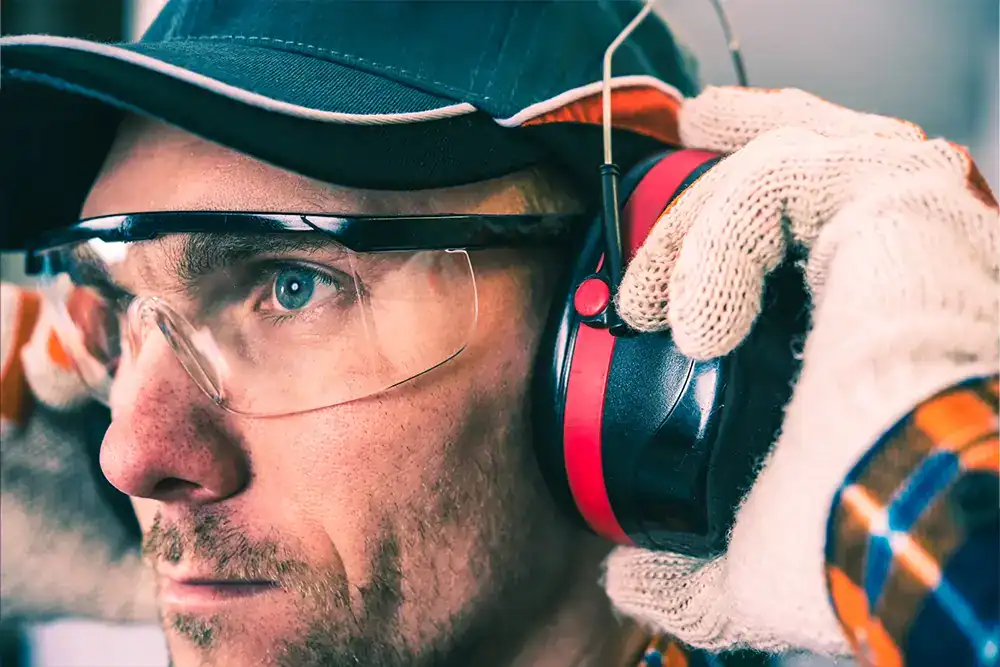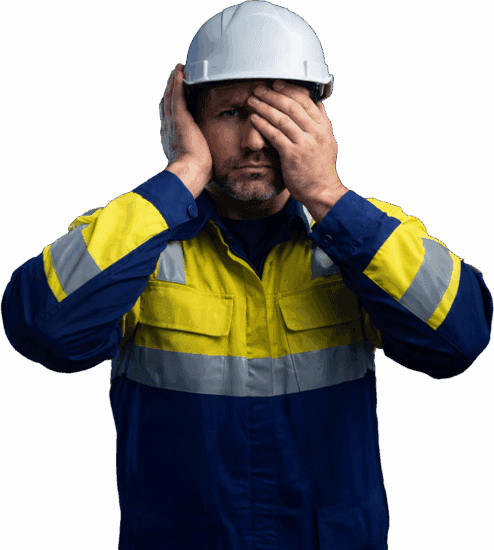
In my previous blog, I compared how your mental resilience is like a wheel on the road of life. If you look after your wheel, it will be better equipped to handle the bumps and rough patches that you will inevitably have to traverse.
This week I am going to look at the first spoke in that wheel – connection.
People Need People
When it comes to good mental health, being around people matters. Depression can lead to isolation, and isolation can lead to depression.
Evidence shows that good relationships with family, friends and the wider community are important for mental well-being. Multiple studies have shown that happiness and needs are most directly affected by our close relationships, even more so than our economic status.
According to a study called Very Happy People by Diener and Seligman, a sample of 222 undergraduates was screened for high happiness. The happy people in the study were highly social, and had stronger romantic and other social relationships than less-happy groups.
Mental Health Resilience Training
Want to build knowledge on mental health awareness to improve the workplace environment? Human Focus’s Mental Health Resilience Training course creates awareness of how the brain works and the effective mind management techniques to promote positive mental health among employers and their staff.
The Message is Clear
We are naturally gregarious creatures and being with people, being part of a group, be it family, a working group, or even a keep fit or weight loss class, matters.
Building stronger, broader social connections in your life can increase our feelings of happiness and self-worth.
Many of us would like to spend more time with people who are important to us. Sometimes, having a busy life can make this difficult, but evidence shows that our relationships affect both our physical health and mental well-being. Mental well-being means feeling good about ourselves and the world around us and functioning well.
Nurturing our relationships can help us feel happier and more secure, and can give us a greater sense of purpose. That makes investing in relationships one of the five evidence-based steps we can all take to improve our mental well-being.
Developing Mental Health Resilience
In order to handle the challenges of life, we need to develop mental resilience. According to a dictionary definition, resilience is the ability to recover quickly from illness, change or misfortune; the ability to be buoyant.
Resilience develops from a variety of factors. Many of these factors are based on research and are common to all of us, no matter how old we are.
Other factors are exclusive to you and are what you already use to help you stay well. The wheel of resilience is strong because the spokes that help it overcome stressors enable it to keep its shape.
As you can see, there are 12 spokes in this wheel and I will explain how each spoke can enhance and strengthen your emotional well-being.
Overcoming Difficulties
There is also clear evidence that people who have experienced distressing events in their lives can speed up recovery and enhance mental well-being by staying close with friends and/or colleagues.
As a Mental Health First Aid Provider for more than 14 years, I have little doubt that organisations who recognise the importance of developing ‘Support Mentors’ or Confidential Contacts’ can make a real difference in the sense of isolation and loneliness experienced by many who experience mental health issues in the workplace. This difference is achieved by maintaining contact, offering support and maintaining a positive rapport.





















